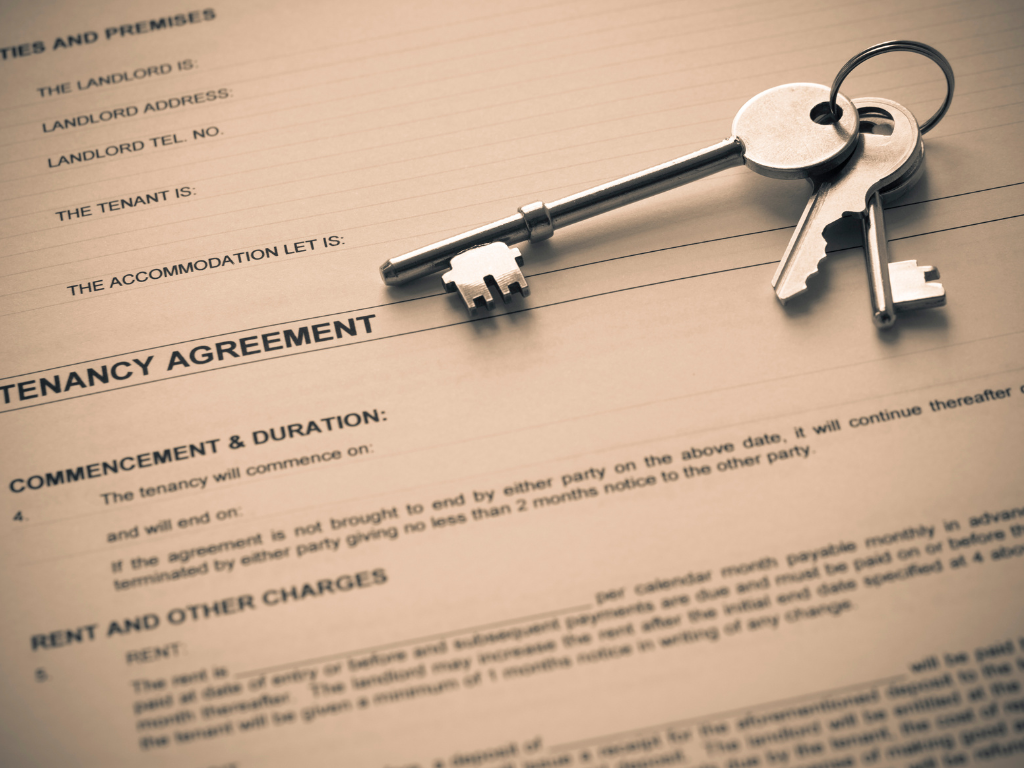Renting out your property can be a challenging task, with issues such as late rental payments, damages to furniture and appliances, and even hostile tenants. However, there are ways to make this relationship less of a headache. Here are 11 tips:
Collect the entire rental in advance instead of monthly collections
Instead of collecting rent every month, you can offer the tenant a discount if they pay the entire rental amount upfront for the entire tenancy period. Easier said than done, this can be actually be an attractive option for some tenants, especially if they have the financial means to do so. It also eliminates the need for monthly rent collection and the possibility of late payments.
Motivate payment with incentives
If you cannot convince the tenant to pay the entire rental upfront, you can still encourage timely or early payment by offering incentives such as discounts or other benefits. For example, you could offer a discount on the monthly rent if it is paid before the end of the month or provide other benefits such as early access to the property or additional services.
Motivate proper delivery of the premises at the expiry of the tenancy
To encourage the tenant to keep your property clean and in good condition throughout the tenancy period, you can offer them a discount on the final month’s rent if the property is delivered in good condition at the end of the tenancy. This incentivizes the tenant to take care of the property and can reduce the risk of damage or costly repairs.
Obtain alternative contact details of the tenant
In case of emergencies or if the tenant abandons the property without paying rent, it’s important to have alternative contact details for the tenant such as their relatives or other emergency contacts. This can help you reach out to them in case of any issues and can also provide some level of security for your property.
Ask for copies of the utility bills to revise deposit if necessary
It’s important to make sure that the utility deposit covers the tenant’s actual usage, especially if they are responsible for paying their own utility bills. You can ask the tenant to provide copies of their utility bills periodically and revise the deposit amount if necessary to ensure it adequately covers the tenant’s usage.
Timely inspection of the premises within the tenancy period
Regular inspections of the property can help you identify any issues or damage early on and take necessary action to prevent further damage or costly repairs. It also helps the tenant feel that you are actively involved in maintaining the property and can reduce the likelihood of any disputes over damage or wear and tear at the end of the tenancy.
Invest in a properly drafted tenancy agreement that caters for your circumstances
A well-drafted tenancy agreement can protect your property and help you avoid any disputes or legal issues with the tenant. It should cover all the important details such as rental amount, security deposit, utility payments, maintenance responsibilities, and any restrictions on the tenant’s use of the property.
Attend to the timely request of the tenant
Promptly addressing the tenant’s requests and concerns can help build a positive relationship with the tenant and encourage them to take care of the property and pay rent on time. It’s important to be responsive to the tenant’s needs and concerns to avoid any misunderstandings or disputes.
Offer to write a recommendation letter for a tenant with good conduct
A satisfied tenant can be a valuable asset as they can provide positive recommendations to other potential tenants. Offering to write a recommendation letter for a tenant with good conduct can motivate them to take good care of the property and pay rent on time.
Meet and screen tenants
When looking for tenants, it’s important to thoroughly screen them to ensure that they are reliable and responsible. This can involve conducting background checks, verifying their employment and income, and checking their references. Meeting with potential tenants in person can also give you a better sense of their character and whether they would be a good fit for your property.
Treat our tenant as a business partner
As a landlord, it’s important to view your tenant as a business partner. While you provide them with a place to live, they help you generate rental income that can be used to service your loan repayment and build equity in the property. In addition, the appreciation in the property’s value over time can provide you with additional financial benefits.
Overall, managing a rental property requires attention to detail, organization, and effective communication with the tenant. By following these tips, you can help ensure a positive rental experience for both you and your tenant.


